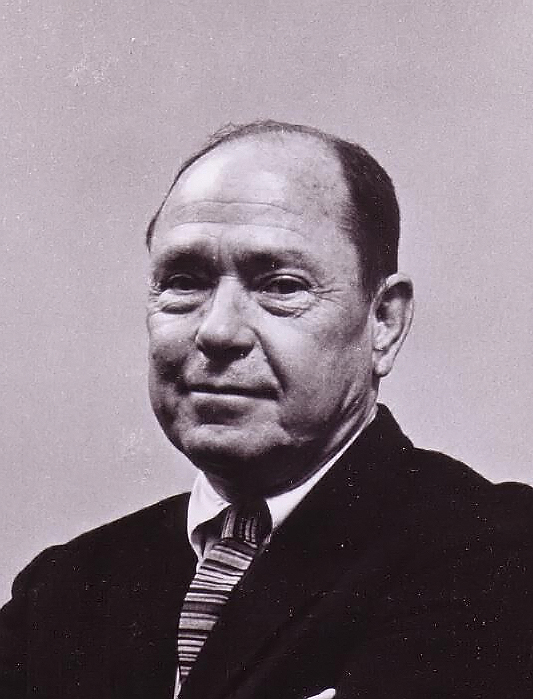
The Godfather of the American musical
Jerome Kern
InducteeWrote over 700 songs for dozens of Broadway musicals and Hollywood films
Jerome Kern was born in New York City on January 27, 1885. Growing up in the middle-class atmosphere of East 56th Street, he attended public schools. His first music teacher was his mother, followed by studies at the New York College of Music (1902-3) and further musical studies in Heidelberg, Germany (1903-4).
Returning to New York, he began working as a pianist for a music publisher, and soon began contributing songs to various musical shows. He quickly became a successful songwriter, and in 1915 with book-writer Guy Bolton, he began a series of intimate musicals for the 299-seat Princess Theatre.
Among Kern's songs from the period up to 1927 were "They Didn’t Believe Me”, which many consider the first modern ballad, written in 1914 with Herbert Reynolds; “Go Little Boat”, (1917, with P.G. Wodehouse); “Look For the Silver Lining” (1920, with lyrics by B.G. DeSylva).
In 1927, Kern teamed with Oscar Hammerstein II and the two adapted Edna Ferber's novel into one of the greatest of all American musicals: Show Boat. Show Boat pioneered the concept of the fully integrated musical, with all aspects of the show working together toward a single artistic unity. Among the songs introduced in Show Boat were "Old Man River", "Bill" (a lyric by P.G. Wodehouse, originally written for one of the Princess musicals, and revised by Oscar Hammerstein II), "Can't Help Lovin' Dat Man", "Make Believe", and "Why Do I Love You?".
In the years following Show Boat, Kern continued to write for Broadway, producing such classic songs as "The Song Is You" (from Music in the Air, 1932, with Oscar Hammerstein II), "Let's Begin," "Smoke Gets In Your Eyes", and "Yesterdays" (all from Roberta, 1933 with lyrics by Otto Harbach).
In 1935, Kem went to Hollywood, where he spent most of the rest of his career, writing some of his very best music. For the 1935 film of Roberta he wrote "I Won't Dance" (originally written for Roberta's London production, but with new words by Dorothy Fields and Jimmy McHugh). For Swing Time (1936) he wrote "A Fine Romance" and "The Way You Look Tonight" (both with lyrics by Dorothy Fields). “The Way You Look Tonight” earned the Fields-Kern team a Academy Award for best song in 1936.
Returning to Broadway in 1939, Kern helped produced his last show: Very Warm for May. While the show was not successful, the score introduced one of the classic Hammerstein-Kern standards, “All the Things You Are”.
Back in Hollywood, for a film called You Were Never Lovelier in 1942, Kern wrote the classic "I'm Old Fashioned" with a lyric by Johnny Mercer. He continued writing for the film musicals including High, Wide and Handsome (1937) and Cover Girl (1944).
In the course of his career, Kern's style showed a remarkable evolution toward greater and greater sophistication and a more and more American style. He was in many ways a link between the European operetta tradition and the Broadway musical style. Jerome Kern died in New York City on November 11, 1945.







